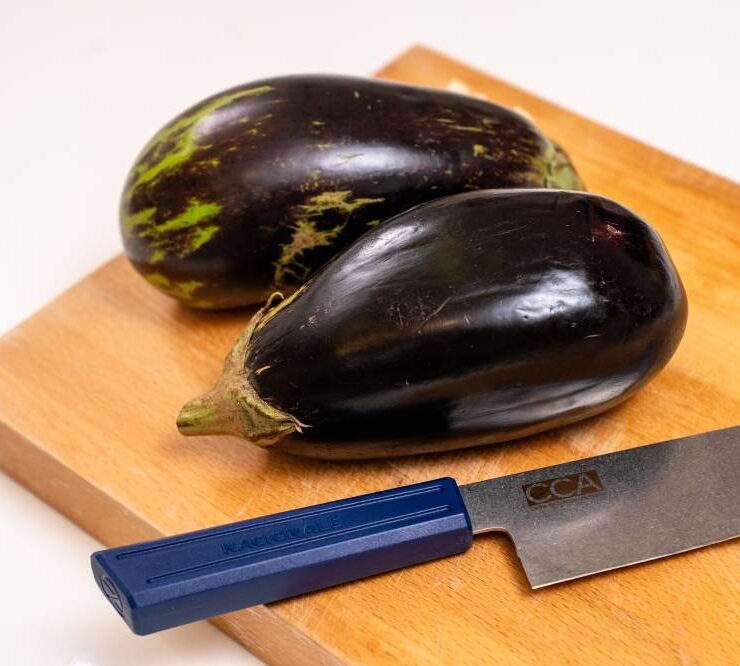Lessons in stewardship, accountability, and vigilance

August 10, 2025 – Nineteenth Sunday in Ordinary Time
Readings: Wisdom 18:6-9; Psalm 33, R. Blessed the people the Lord has chosen to be his own.; Hebrews 11:1-2, 8-19; Gospel – Luke 12: 32-48
One of the themes in today’s Gospel is stewardship. Then two related themes are vigilance and accountability.
Last Sunday, part of our reflection on the Gospel was St. Ignatius of Loyola’s First Principle and Foundation. It gave us one perspective of stewardship—that God gave us all created things to help us attain our goal of union with God or salvation.
While it may seem to be an anthropocentric view of creation, one can view it also as a reminder to care for creation, defining our relationship with creation as one of prudent use and care.
Part of this concept of stewardship is St. Ignatius’ view that we are created “to praise, reverence, and serve God.” This we can view as a life of service to God and others, and through this, giving glory to God as our act of praise and reverence.
Our way to salvation is the service of God and others using everything that we have and are.
And the bookends to this Ignatian view are the First Principle and Foundation and the Suscipe, or “take and receive”—the radical and humble prayer of a good steward.
It acknowledges everything as gift, and out of gratitude surrenders everything to God “that [he] may dispose of [me] wholly according to [his] will.”
It is a stewardship of service. Just like in the parable in today’s Gospel, the steward was “put in charge [by the master] of his servants to distribute the food allowance at the proper time.” (cf. Luke 12: 32-48)
The virtue or grace of vigilance was pointed out by the Lord, “Blessed are those servants whom the master finds vigilant on his arrival.”
This is not a passive vigilance, but a readiness that needs preparedness by doing what are necessary tasks, for example, the act of bringing extra oil in the Parable of the Wise and Foolish Virgins. (cf. Matthew 25:1-13)
St. Ignatius of Loyola described this readiness for mission as living a life “always with one foot raised” to go where God calls or sends us. This is the vigilance of stewardship that deepens it into a stewardship of mission and service with total availability to respond in service to the needs of the mission.
In the Parable of the Final Judgment the king declared, “35 For I was hungry, and you gave me food, I was thirsty, and you gave me drink, a stranger and you welcomed me, 36 naked and you clothed me, ill and you cared for me, in prison and you visited me.” (cf. Matthew 25: 31-46)
The good steward’s vigilance is marked by compassion—always sensitive and responsive to the needs of the poor, the oppressed, the marginalized.
This too reminds us of the final virtue or grace of the good steward: accountability. The Lord stated this in today’s parable: “Much will be required of the person entrusted with much, and still more will be demanded of the person entrusted with more.”
Accountability is core to our being stewards, our being Christian or followers of Jesus.
Going back to the Principle and Foundation of St. Ignatius, accountability will be demanded of us. Did we use responsibly all the gifts given to us? All “things on the face of the earth are created for a [person to be helped] in attaining the end for which he/she is created.”
This is stewardship of mission and service, marked by a vigilant compassion and an accountability that stands humbly before the Lord with the radical prayer of St. Ignatius. And that is to “give me only your love and your grace, these make me rich, I ask for nothing more.”





















